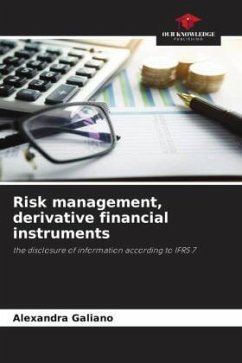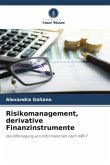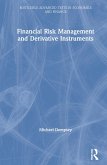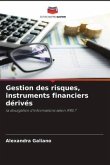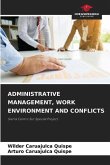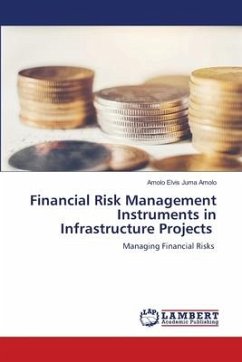On a daily basis, companies face various risks and to manage them, one of the options is the use of financial derivatives as a way of minimizing the impact of risks on the "financial health" of companies. First, companies must identify their risks, the causes of the risks and only then must they analyze which are the best mechanisms at their disposal to depreciate the impact of the risks. However, the use of this tool implies the adoption of the guidelines contemplated in IFRS 7, which is the financial reporting standard for companies listed on the Stock Exchange. In practice, this standard indicates how the financial report should be presented in the financial statements. The present study was based on verifying whether companies listed on the PSI 20 report the use of financial derivatives as a risk management instrument, in accordance with international regulations, and identifying which financial derivatives are most used. In conclusion, the study was very interesting and I believe that from another perspective it could push other companies to use financial derivatives in risk management.

